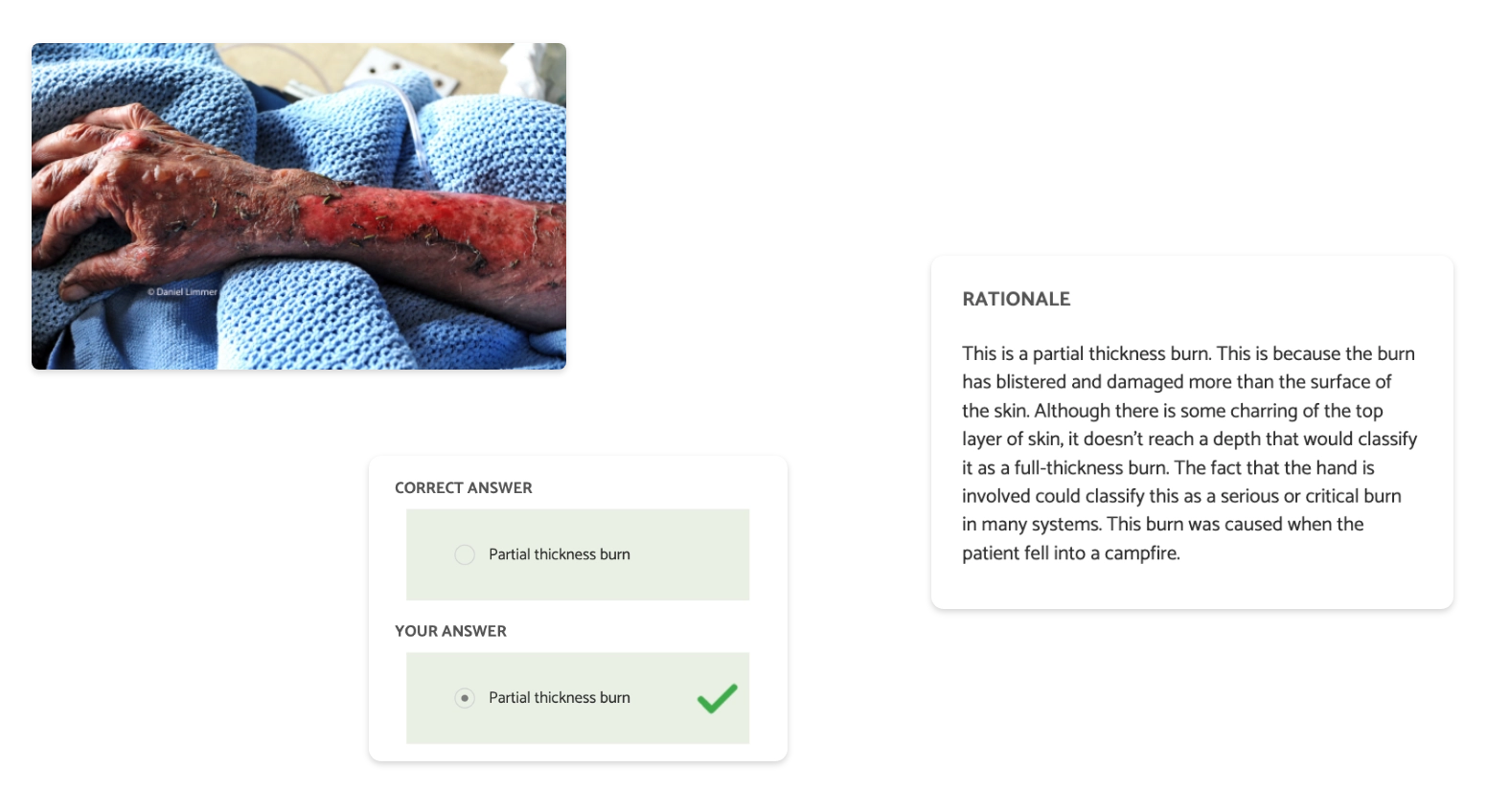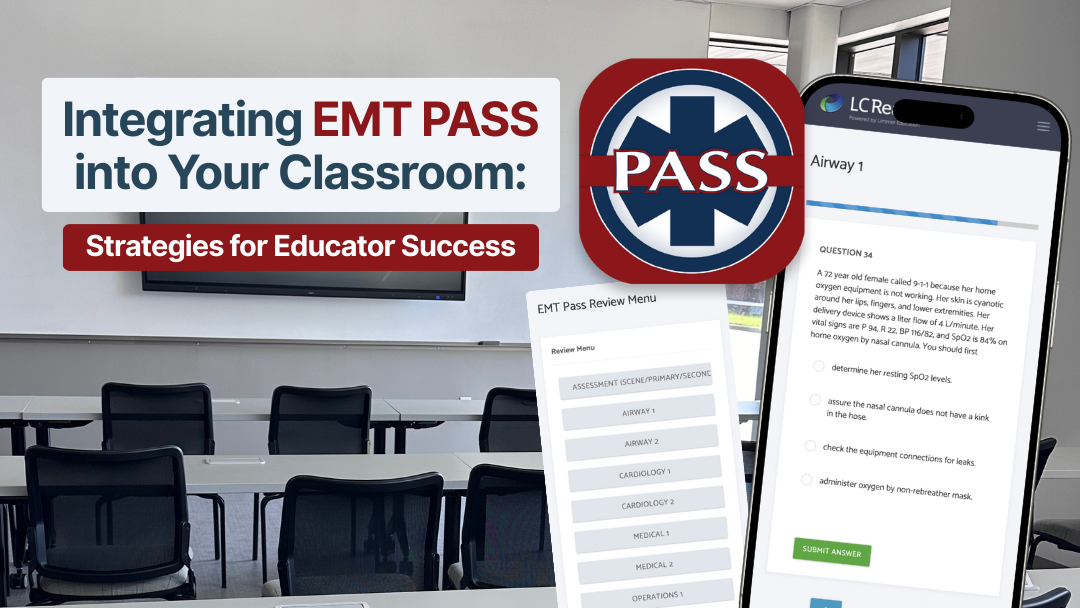

Trusted Education for the Future of EMS
NREMT prep and classroom solutions that build better providers.
The Limmer Advantage








Made by NREMT Experts
Clinical Depth
From Class to Field and Beyond




NREMT Success
Help students succeed on their exams. Our apps focus on critical thinking, pattern recognition and pathophysiology.
Get startedAfter using your products and learning how to attack and understand questions I felt more confident than ever. The material you offer is amazing! It helped me to finally pass my NREMT! – Trevor D.
Educator Tools
We’re here to help you create a more dynamic, inspiring, and productive classroom.
Get startedI recommend Limmer resources to all my students. The pass rates are much higher and students have shown to be more efficient and effective in the field as a result. – Scott Stephens
Knowledge & Application
Our NREMT remediation courses help users pass… and give them relevant, deep understanding. 24-hr. EMT / 36-hr. AEMT
Get startedMy saving grace! I completed your online remediation and went in to take my third attempt and passed! Thank you!! – Sidney F.
CAPCE Approved
The 7 Things EMS podcast provides fluff-free, boredom-free CE for a variety of topics, from education to toxicology.
Get startedThank you for this podcast. I have learned so much and love that I can get CE for listening. – Julie R.

Find Your Match
We have a wide variety of apps for all different stages of your EMS education.
Use our product finderFrom our EMS Articles
Loved by EMS Students, Educators and Institutions
-
-
I had struggled previously on obtaining my NREMT paramedic. After using your products and learning how to attack and understand questions I felt more confident than ever. The material you offer is amazing and so hopeful! Most importantly it helped me to finally pass my NREMT paramedic!
Trevor DetwilerParamedic -
As a program director I buy bundles at a time and the price value is great. The material has been instrumental in preparing my students for the NREMT exam... The array of apps available, the ease of use on a mobile device and computer, the price, the customer support, and overall quality is top notch. I will continue to use the LC-Ready family of apps for years to come.
Juston ArnoneChief of Medical Services
-
-
-
You guys have the absolute BEST customer service!
Cindy W.EMT-P Dept. Head -
I passed! I am officially a Paramedic. I credit much of this success to [ParamedicReview.com]. This program teaches you how to study. Thank you again for your help over these past few weeks.
Austin McGonagleParamedic
-
-
-
Students indicated that question verbiage, format and style presented in the [EMT PASS] app mimicked those on the NREMT exam and thus helped them successfully pass! As a result, we've purchased access to the app for all our current EMT students.
Marina ProektorEMT Program Director -
I have been working on the ambulance for 20 years. I had to retake the NREMT exam because I let it lapse. I received my passing results a few hours ago. Paramedic PASS really helped me get in the right mindset to take the test.
Scott TurnmireParamedic
-




